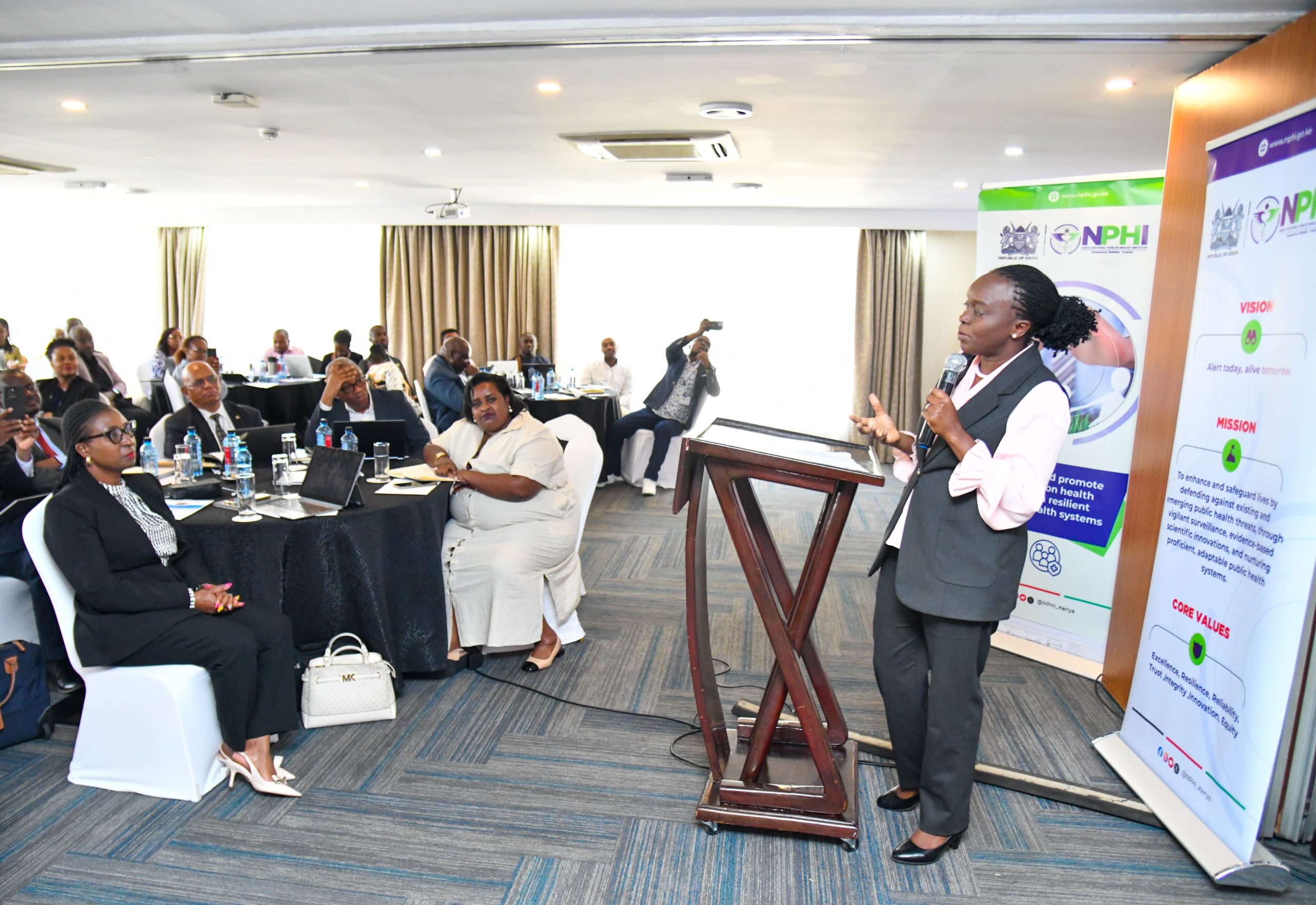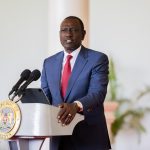The government has affirmed the commitment to strengthen Kenya’s health security in line with the 2005 international health regulations and other commitments that Kenya has signed to.
Speaking while closing the 2nd Joint External Evaluation [JEE] of the International Health Regulations workshop, Health Cabinet Secretary Dr. Deborah Barasa said Kenya will continue to invest in public health system to fulfill national, continental and global undertakings few months after committing to the Global Health Security Agenda.
This among various global and continental initiatives focused on pandemic prevention and strengthening detection, preparedness, and response.
Dr. Barasa noted that since the last evaluation Kenya had made significant progress in addressing issues raised in the 2017 evaluation singling out the establishment of the National Public Health Institute as a key milestone.
She assured the team of evaluators that the government will study and embark on addressing areas that had been identified by the evaluation as requiring action.
The CS underscored the need for a multi sectoral approach the health security and committed to broad consultation with all key players.
JEE Team Lead led by the Deputy Director of Uganda National Institute of Public Health and Director of the Public Health Emergency Operations Centre (PHEOC) Dr Issa Makumbi noted that moving forward, evaluations called for collective political and technical solutions.
While emphasizing need for collaborative engagements, Dr Makumbi urged stakeholders to embrace Smart Investment in One health, multi-sectoral, whole of government approach and partnership to build a resilient system for the country.
“There’s commendable efforts from Kenya towards health security. However many areas need to be improved. There’s need to develop comprehensive SOPs and MOUs for coordinating Joint Response for Public Health events between security agencies and public health authority.Besides,fast-tracking of passing key laws, legislature and bills such as the proposed Biosafety and Biosecurity and NPHI law. As evaluations team from outside,we will be available for any support required in pursuit of achieving actions needed to prevent and respond to acute threats that could endanger people’s health across the country and borders” he said.
Health Director General Dr Patrick Amoth on his part hailed the initiative and further commended the assessors for highlighting stength, gaps and recommendations that will government within its human and animal health systems to prioritize opportunities for enhanced preparedness and response.
Acting NPHI Director General Dr Kamene Kimenye while hailing the success of the overall event thanked the Government for its commitment in establishment of national focal points, strengthening of core public health capacities, and cooperation in sharing information and resources during public health emergencies.
Among the areas that recorded significant scores include Immunization, Zoonotic Disease Unit [ZDU],anti-microbial resistance [AMR], Financing while Linking public health with security authority ,Legal Instruments and Point of Entry are among those received minimal grading.
This was the second JEE to take place in the country after the previous one that was held in 2017.
The exercise (JEE) is a voluntary and multisectoral process to assess country’s capacity to prevent, detect, and respond to public health risks in compliance with the International Health Regulations (IHR, 2005) which are an essential vehicle for addressing global health security.





